Vetcor and Rabies Free Africa
Vetcor is proud to announce our collaboration with Rabies Free Africa in our shared mission to eradicate rabies worldwide. Rabies Free Africa empowers countries in East Africa to establish self-sustaining programs aimed at eliminating human rabies deaths and implementing surveillance systems to identify and contain future outbreaks. Through innovative research and initiatives, the team focuses on conducting mass dog vaccination campaigns and community-based programs, targeting areas where rabies poses the greatest threat.
As part of our commitment, select Vetcor hospitals are donating a portion of proceeds from rabies vaccinations to support this cause. Every dollar donated contributes to vital vaccination programs, bringing us closer to our goal of a rabies-free world. Additionally, Vetcor veterinarians have the opportunity to participate in annual trips organized by Rabies Free Africa where they lend their skills and knowledge to support vaccination efforts in communities in need.
Our hospital teams also support this great cause through other initiatives including:
- Local ambassador scholarships
- Local school presentations
- Dog bite prevention week
- Celebrating World Rabies Day
- Vaccination clinic
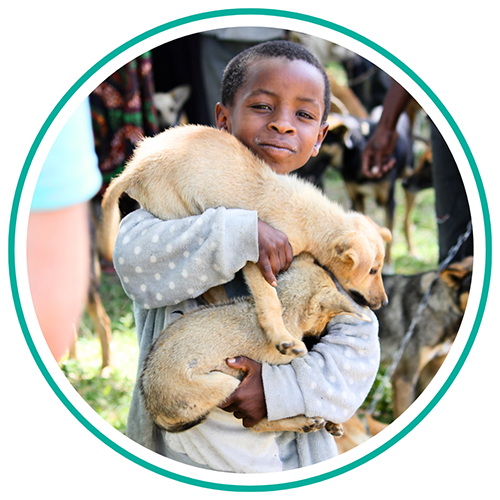
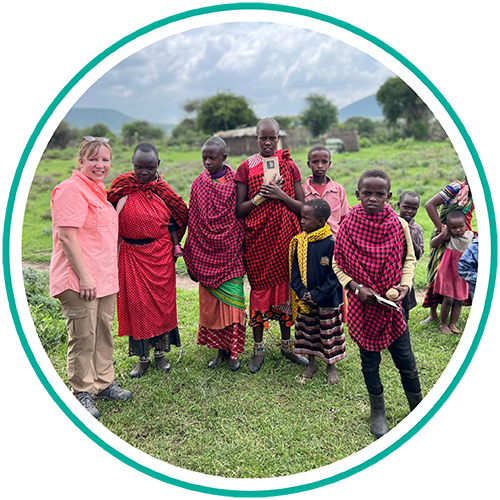
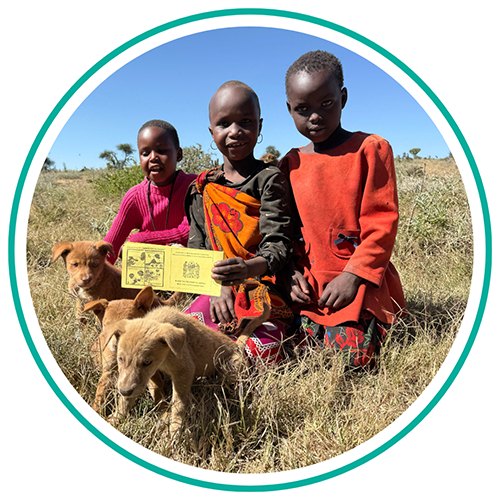
Rabies Facts
Rabies is a viral disease that is predominantly transmitted through the bite of a rabid animal. It affects the central nervous system and if a person does not receive proper medical care after a potential rabies exposure, it can result in infection and death. In the United States, rabies is primarily found in wild animals like raccoons, bats, foxes, and skunks, but in several other countries dogs are still rabies carriers. The majority of worldwide rabies deaths are the result of dog bites.
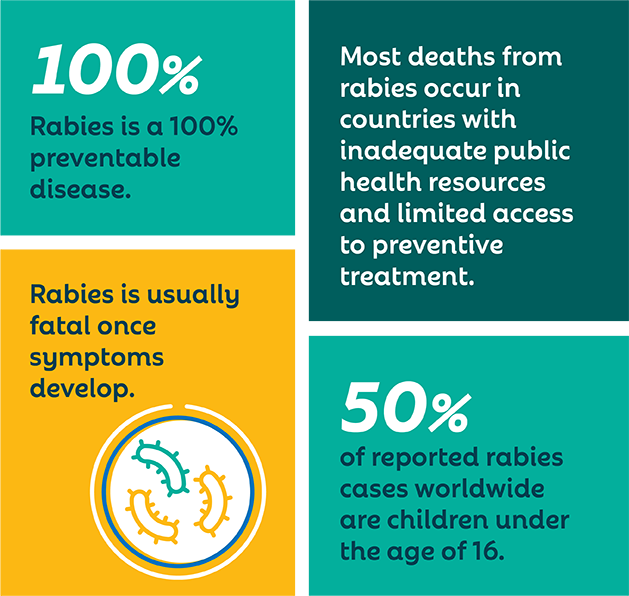
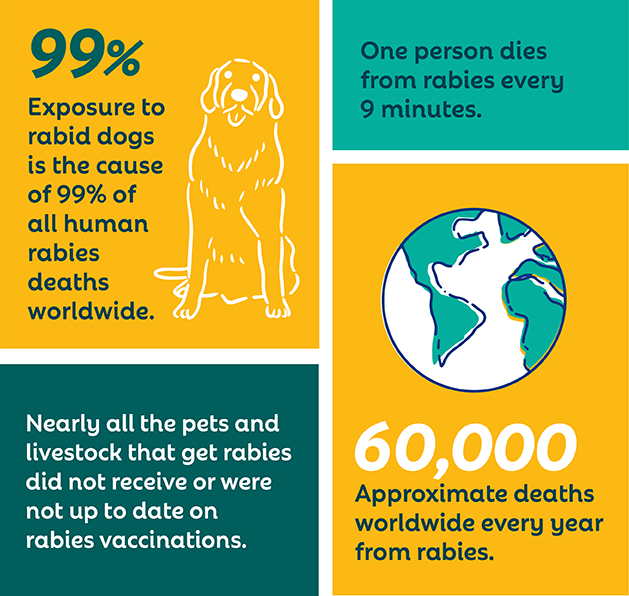
Zero By Thirty
Major health organizations including the Centers for Disease Control and Prevention, the United States Department of Agriculture (USDA), World Health Organization (WHO), the World Organization for Animal Health (WOAH), and the Food and Agriculture Organization of the United Nations (FAO) are working together to eliminate rabies deaths in people by 2030. We have the vaccines, medicines, tools, and technologies to prevent people from dying from dog-mediated rabies. For a relatively low cost, it is possible to break the disease cycle and save lives.
Innovative Technology
Learn more about the facial recognition technology used to identify dogs that have been vaccinated through the Rabies Free Africa initiative. Fighting Rabies With Facial Recognition (youtube.com)
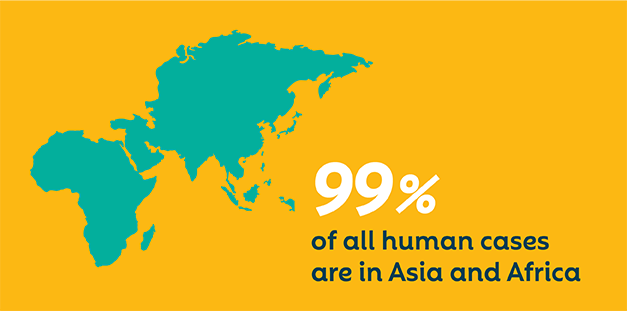
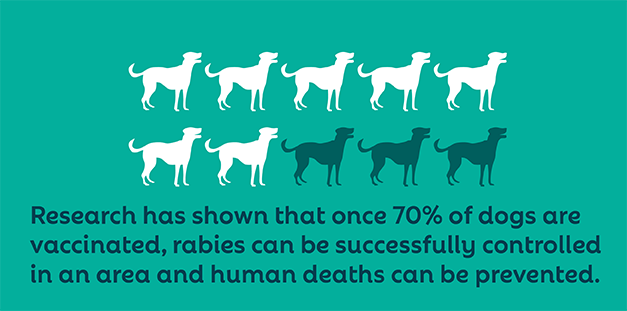
The Vetcor and Rabies Free Africa partnership is sponsored by

Boehringer Ingelheim’s commitment to eradicating rabies worldwide is unwavering. Boehringer partners with health authorities, governments, and non-governmental organizations to plan and execute mass vaccination efforts, most recently working with the Global Alliance for Rabies Control in Southeast Asia and Rabies Free Pakistan. Boehringer also supplies high-quality vaccines to private veterinary clinics, enabling pet owners to protect their beloved pets. Beyond vaccination, Boehringer is deeply invested in education about rabies and its prevention, understanding that knowledge is a vital tool in the fight against rabies.
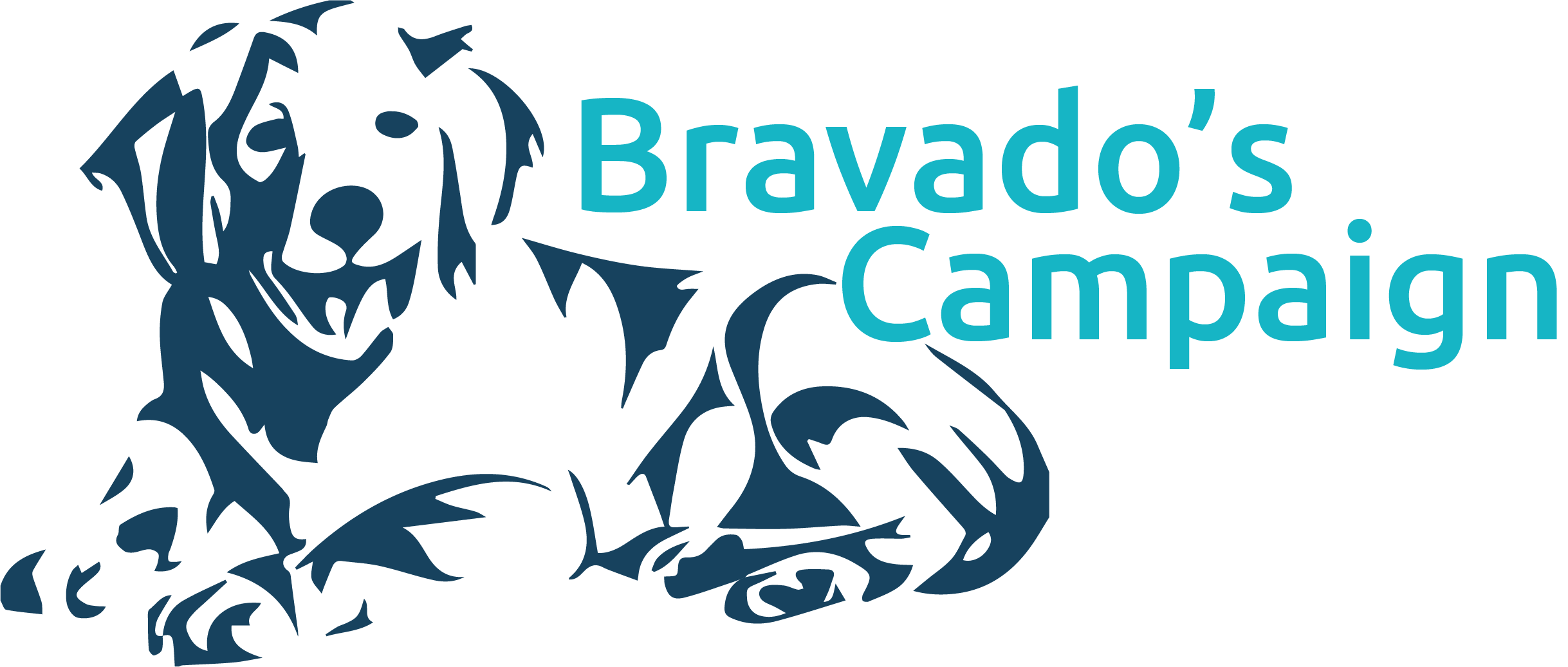
Bravado's Campaign is a fund founded by the Murphy Family that supports organizations on a larger scale in the veterinary industry. Dr. Mike Murphy's childhood golden retriever, Bravado, shaped his life and led to him choosing a career in veterinary medicine. While veterinary school can dive deep into medicine, Bravado was the constant reminder of the "why" behind this profession: to strengthen and nurture the human-animal bond.
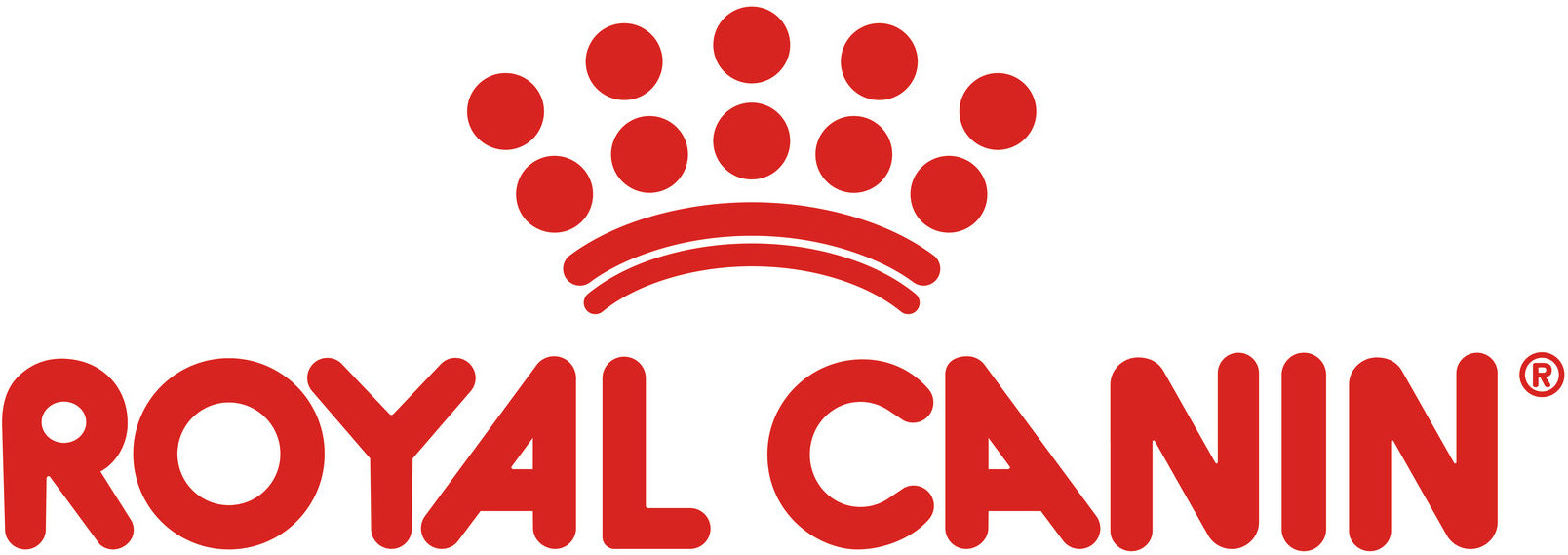
We focus our attention on the unique needs of cats and dogs. That obsession with detail is what makes it possible for us to deliver precise, effective nutrition, and help them become their magnificent best. The results of this vision are easy to see. Despite countless fads, based on more than 50 years of rapid scientific progress, Royal Canin remains on the cutting edge of pet nutrition, and we've created specialized cat and dog food diets that are unlike anything else the world has ever seen.

